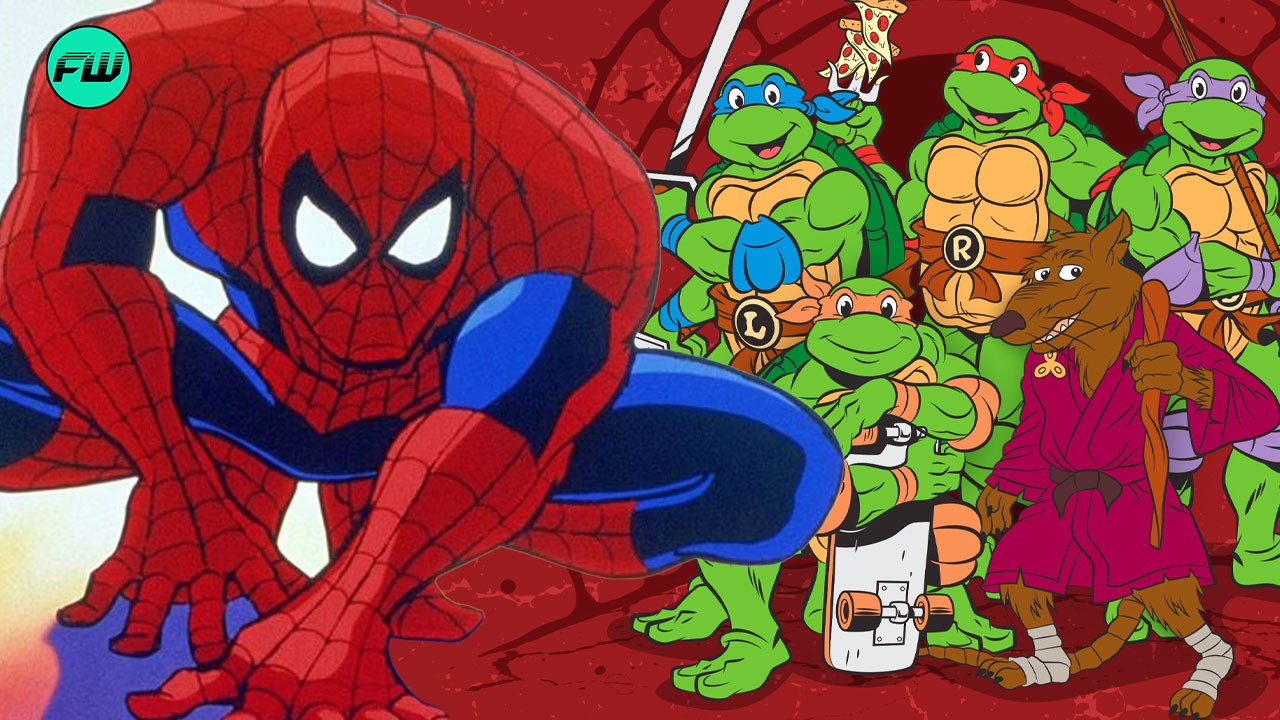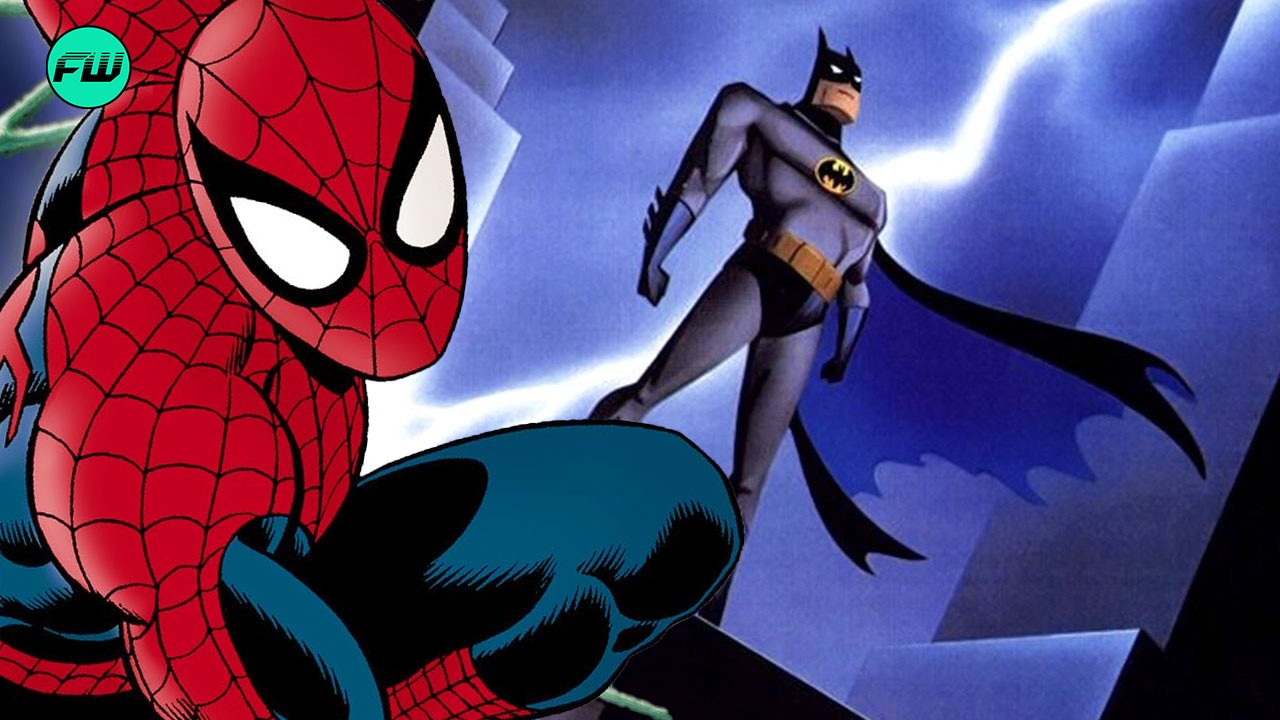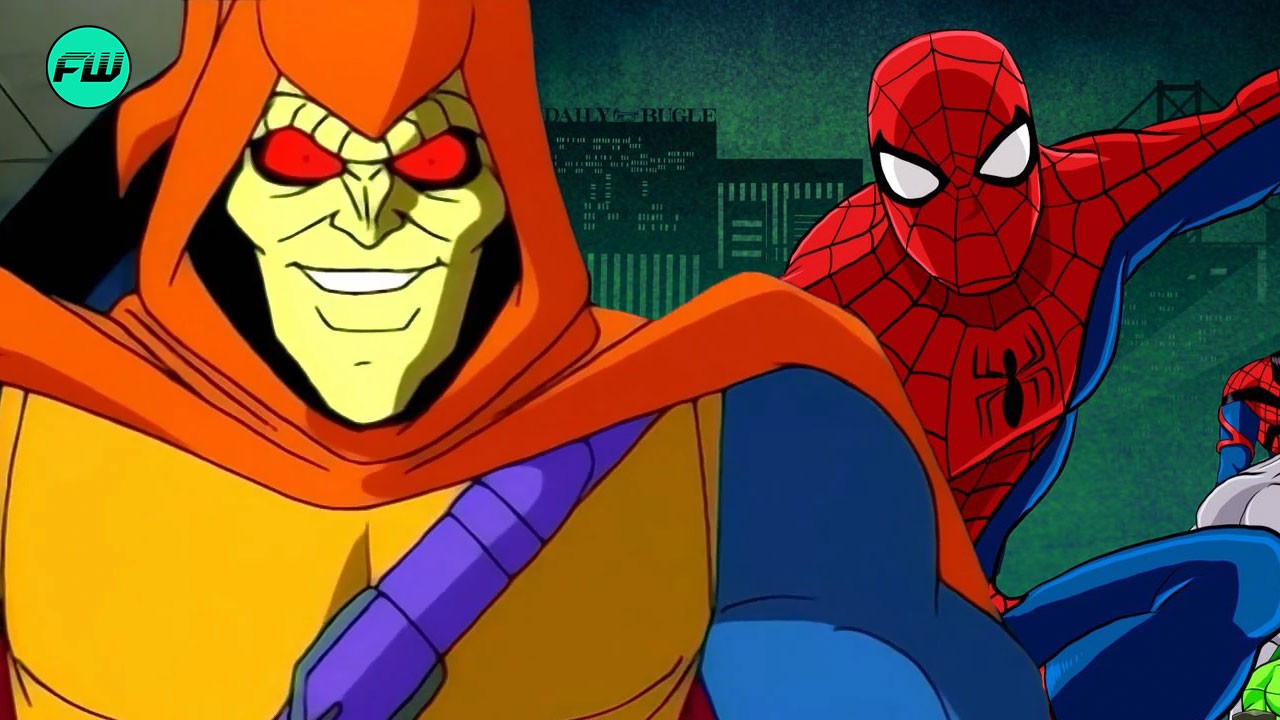Spider-Man: The Animated Series was a cartoon staple back in the days. Running from 1994 to 1998, the five-season animated series had a successful run. John Semper was the writer and showrunner, who already had experience running shows before Spider-Man: TAS fell into his lap. Speaking about the standards & practices that had to be followed by the shows back then, Semper revealed some bizarre notes he had gotten while making the show.
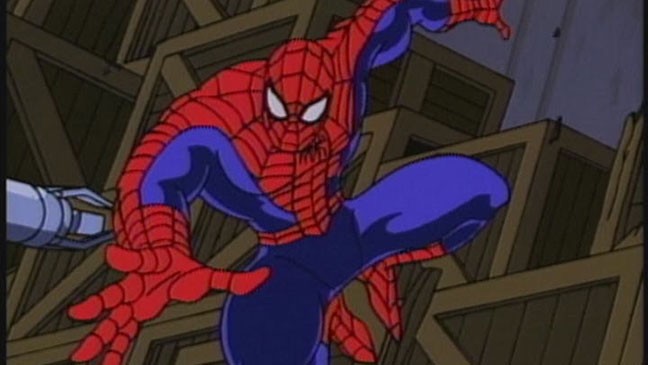
S&P notes are nothing new to the industry. Every show has them, every show-runner gets them, and they have to be followed, at least to some extent. John Semper already had experience running shows before he was roped in to work on Spider-Man: TAS, so he already had prior idea on how these shows needed to be, but that didn’t mean he waa exempt from getting handed some really weird and bizzare S&P notes. Semper once shared some behind the scene secrets about Spider-Man: The Animated Series.
No Pigeons Were Hurt In The Making of Spider-Man
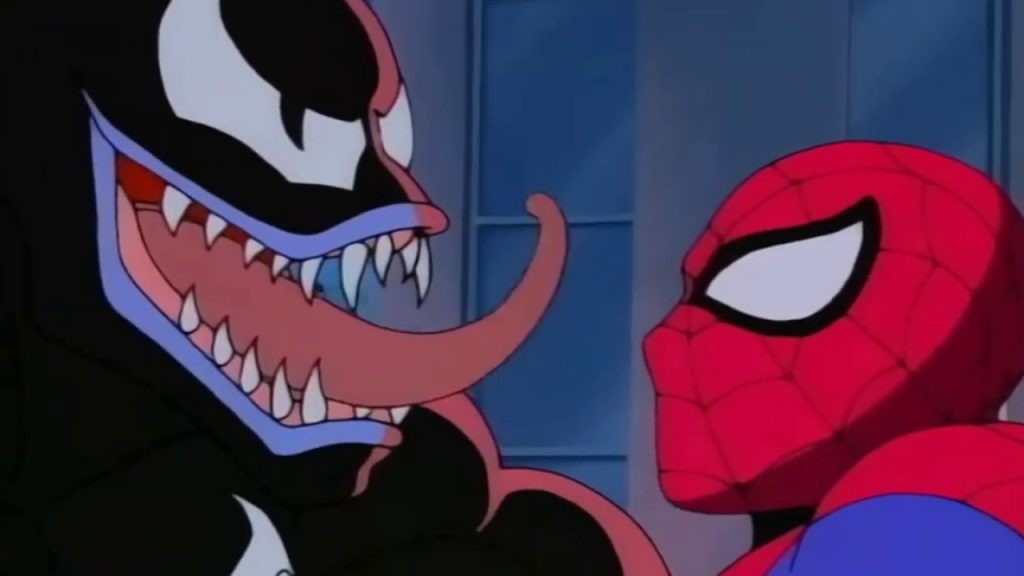
Standard & Practice notes are nothing new to the world of entertainment. They can be really weird, but showrunners will still get them from networks, just so if they can have an alibi of saying, “I told you so!” Animated shows or any show for that matter, which are kids focused, are especially plagued by these notes and several other rules and restrictions they have to follow. In an exclusive interview with CBR, Spider-Man showrunner John Semper once jokingly revealed:
“I did get the note, ‘Be careful when Spider-Man is landing on the roof that he doesn’t harm any pigeons.'”
This was one of many such notes Semper had gotten while making the show, especially after the critical backlash Teenage Mutant Ninja Turtles (1987) series had gotten because of its violent content.
Other Rules Spider-Man: The Animated Series Had To Follow
After the backlash TMNT received because of its violent content, Spider-Man: The Animated Series had to tone down a lot of the violence that was shown in the comics to adhere to the strict rules that had to be followed. The broadcast S&P’s that governed all animated shows at the time affected the animated series and it running. John Semper told DRG4 that he once got an S&P note saying:
“No fists to the face, no realistic guns, no fire, no crashing through glass, no children in peril, no mention of the words death, die, or kill.”
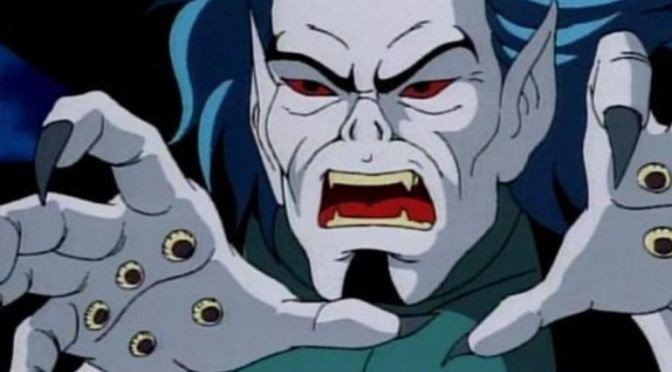
When adapting Morbius into the comic show, they were not allowed to use the word “blood” or show the “living vampire” biting the necks of its victims or sucking on their necks, which led to Semper coming up with the idea of “hand suckers,” that are till date, one of the most controversial changes thay were bought to the character of Morbius.
Spider-Man: The Animated Series is available to watch on Disney+.

